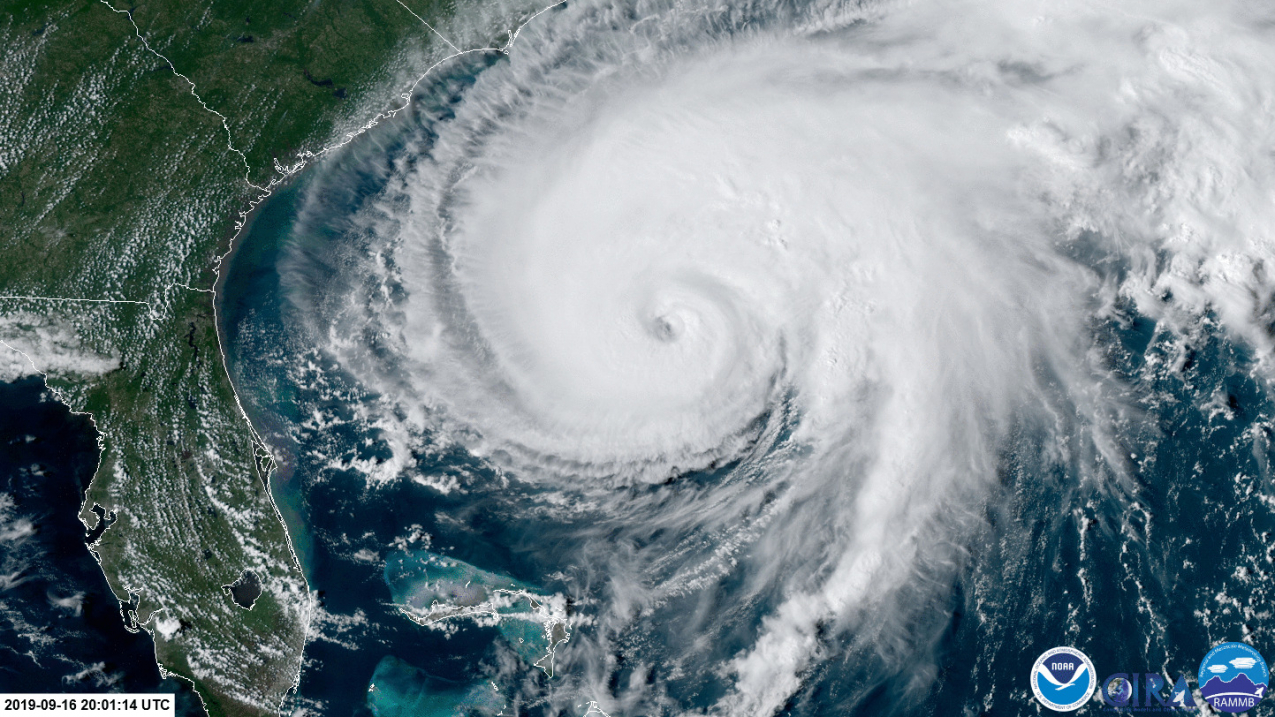The 2022 Atlantic Hurricane Season has been fascinating so far. This year looks to be a little bit slower than others, yet some years are really lively. We did, however, feel the strong winds of Hurricane Ian, and we really hope Florida’s West Coast heals quickly. Here are a few brief ideas to assist you as the season’s conclusion draws nearer to the end of hurricane season, which officially finishes on November 30. No more storms, please!
1. A property inspection is never too late!
Always check to see if there is anything you can do to be prepared for a storm, just like with routine property care. A simple house inspection with the roof as the primary emphasis can frequently reveal your home’s present or potential issue areas. A minor fracture in your roof may frequently not do any damage to your property until a storm since the forces of nature can exacerbate a small crack and cause structural damage. If a hurricane does reach your location, which nobody wants to happen, the damage it does reveals numerous property flaws and creates new issues.
2. Forecasts for storms and weather patterns are subject to rapid change.
We frequently witness this. The NOAA frequently tracks several storms that can foretell their arrival in our state in one way or another, as well as local and national news coverage and weather websites. While we acknowledge that they are exercising caution and making a vital effort, we also have to acknowledge that as these storms move through the water, it is possible that their path will change. Due to improved computational technology, spaghetti models frequently have a wide range of forecasts and scenarios that could be at odds with data from other sources. As absurd as it may sound, it is preferable to go more slowly to comprehend how a storm can develop in connection to where you are.
3. When to file a claim
It is best to keep in mind that filing claims should take place after a tropical or named storm passes through your area because insurance companies, including our company, see a spike in claims after a hurricane goes through. Please be as thorough as you can even though this procedure takes a while.
Documenting all property damage will help the claims process; the more information you can provide your agent, the better able they will be to help you. It’s crucial to record everything, including any damage to the structure(s) or personal goods, by taking photographs. With your phone, you can also add any written descriptions of your property and even combine photographs and notes. Complete your claim and receive an appropriate compensation by providing both thorough written and visual proof.
4. How to prepare for another storm
Always remember to get your property ready in case there are numerous storms that approach close to where you reside frequently. It is always a good idea to be cautious and proactive in these situations, whether it is by utilizing shutters on your windows, tying up loose objects, or checking your present landscaping. Keep in mind that insurance providers may occasionally restrict the binding of the policies based on the severity of the national weather and emergency situations if you’re looking for a new policy during hurricane season. Ask your agent for additional details about this.
LEGAL DISCLAIMER
The opinions presented here are not intended to be legal advice. The information provided here is not intended to serve as legal advice; rather, it is for general informational purposes only. Discussion of the language of insurance policies is purely descriptive. The policy terminology varies depending on the policy. Any insurance policy that has been issued will only provide coverage if it meets the terms and conditions of that specific policy. Please see your policy for the precise wording.




